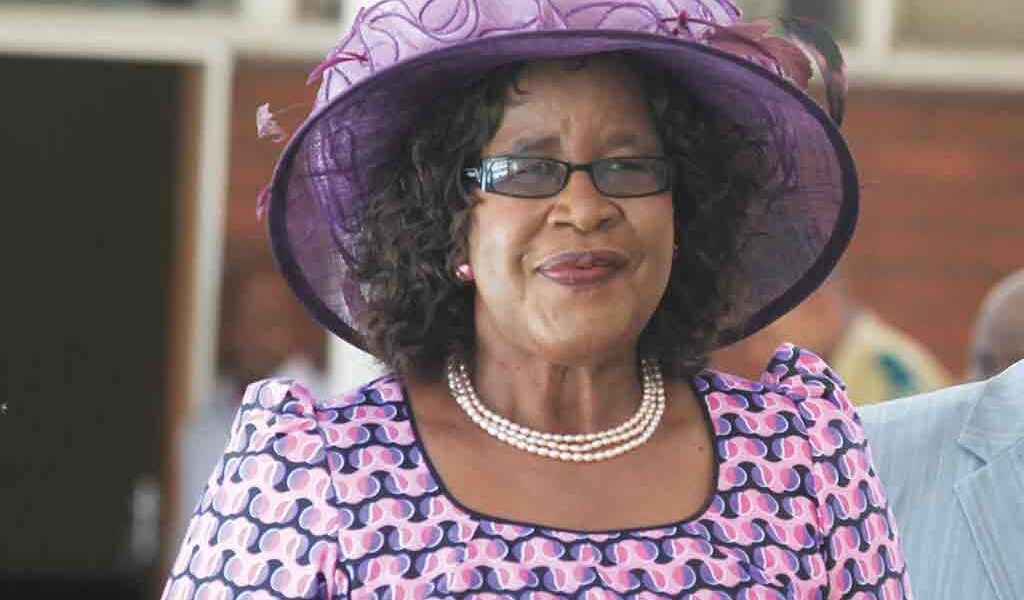STAFF WRITER
London based Minority Rights Group International (MRG), an international human rights organisation founded with the objective of working to secure rights for ethnic, national, religious and linguistic minorities and indigenous peoples around the world has expressed displeasure at the government ‘s treatment of minority tribes following Wayeyi recognition.
On 27th March 2017, government acknowledged Shikati Jacob Seidisa as chief of the Wayeyi in a development hugely welcomed by MRG.
The letter, from the Ministry of Local Government and Rural Development, sets out the exact intention of the recognition and records that extensive research has been done on the history and background of the tribe, including its tribal origins.
Despite their applause, IGM says Tswana tribes have territories as allocated by the Tribal Territories Act: “The recognition of minority tribes such as the Wayeyi should also be reflected in change in land ownership. The Minister’s letter however, reinforces the limitations experienced by tribal minorities, who have to live in land known to belong to the Tswana,” said Lesego Nchunga, MRG’s Botswana Legal Officer.
According to her, the letter also means that for the next tribal leader to be recognised, they would have to undergo the process of applying to the minister and await investigations of the ministry before being accorded recognition.
“This process is not the same as that followed in the determination of the chiefs of Tswana tribes. It also specifically states that the recognition does not confer any rights, not otherwise recognised or conferred by existing law. Although this may appear proper, it essentially simply points at an individual whose application was successful and confirms the success of same but says nothing to the powers he has, besides those of leading his tribe,” she said.
She added that government must now turn to the real impacts of recognition, including political participation, especially regarding representation in the Ntlo ya Dikgosi as well as land rights and use of mother-tongue in schools and other public spaces.
The London-based organisation says despite there being over 30 tribal groups, only twelve tribes are officially recognized in the constitution. Eight Tswana (previously known as majority) tribes have seats in the Ntlo Ya Dikgosi (the House of Chiefs which advises parliament on tribal and cultural matters) whilst only four are non-Tswana speaking.

